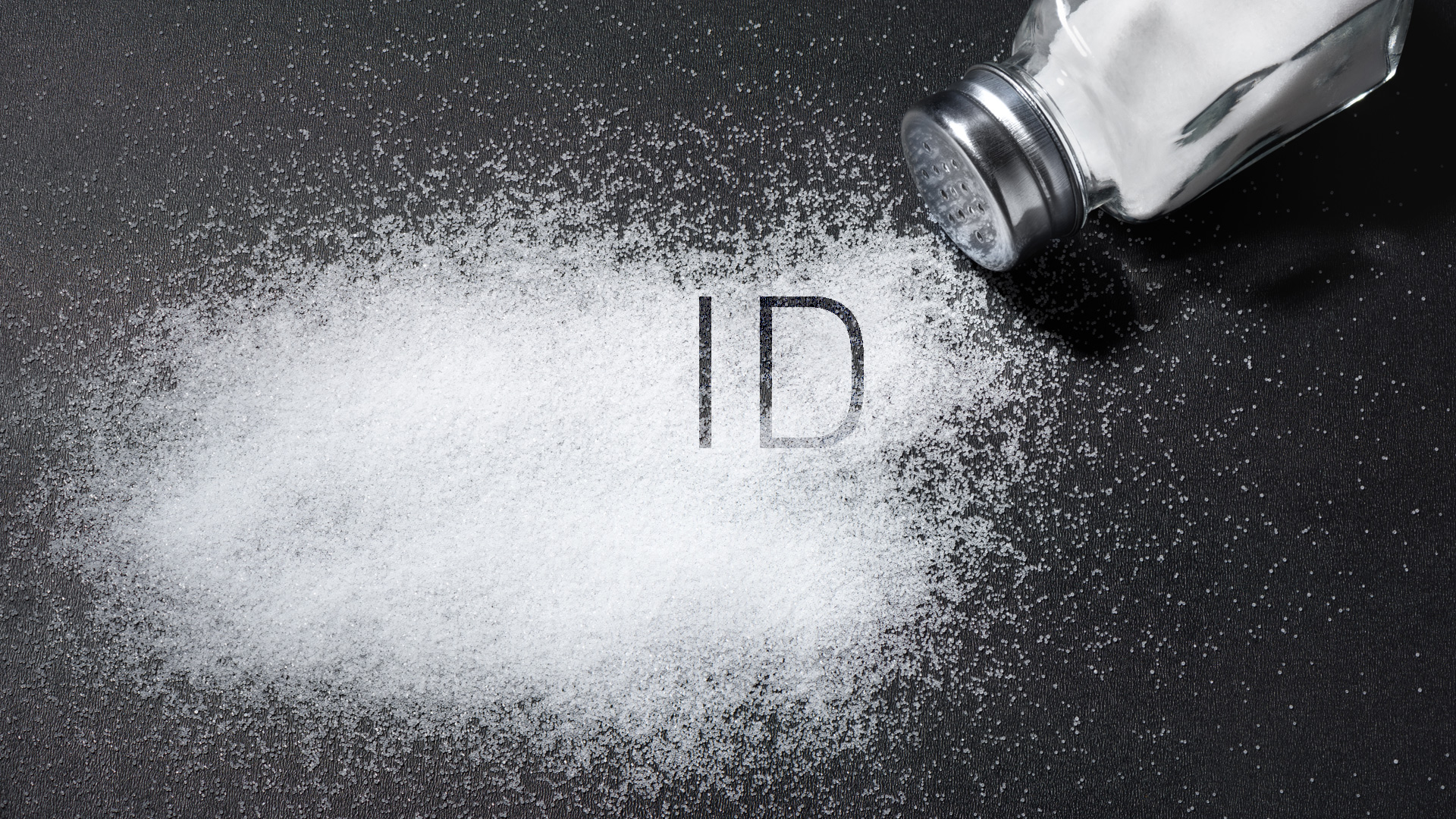For the latest news and updates on Indiana state and local tax
April 19, 2024
Indiana Issues Remote Seller and Marketplace Facilitator Guidance
Authored by: Bonnie Susmano, JD, MBA and Ryan Schupp
On April 1, 2024, the Indiana Department of Revenue released Sales Tax Information Bulletin #89, announcing material changes to the state’s economic nexus threshold for remote sellers and marketplace facilitators. As per Senate Enrolled Act S228, effective January 1, 2024, the 200 transaction threshold has been repealed. Remote sellers must only meet $100,000 in gross sales to establish economic nexus. A remote seller previously registered for a sales tax account in the state due to only meeting the 200-transaction threshold may close their account in 2025 if they are below $100,000 in sales in 2024. Marketplace facilitators must also include transactions made on their own and those facilitated on behalf of their sellers when determining economic nexus.
For more information, please refer to Indiana Information Bulletin No. ST89, 04/01/2024.
If you have questions about Sales Tax Nexus in a post-Wayfair world, please reach out to a member of the Withum SALT Team.
March 31, 2023
Indiana Releases Sales Tax Bulletin Related to Contractors and Construction Materials
Authored by: Katie Szymanski, CPA and Katerine Velasquez
On March 1, 2023, The Indiana Department of Revenue issued a sales and use tax bulletin related to contractors and construction materials. The bulletin addresses the application of the Indiana gross retail tax and use tax to the purchase or sale of tangible personal property converted to real property by construction contractors. Indiana’s bulletin provides guidance in determining the taxability of construction materials purchased by a contractor as well as the taxability of the contracts. The bulletin can be found here on the state website: Indiana.Gov DOR. Key updates include:
- Service charges for repairs are most likely exempt from sales tax if separately stated from the charges for materials used in the repair.
- The entire construction transaction will most likely be subject to the tax as a bundled transaction if materials used in a repair are more than 10 percent of the overall charge and the service charge is not separately stated.
If you have questions about whether your business is required to collect and remit sales tax, please reach out to a member of the Withum SALT Team.
February 17, 2023
Indiana Pharma Company’s Utility Purchases Not Qualified for R&D Sales Tax Exemption
Authored by: Katerine Velasquez and Bonnie Susmano, JD, MBA
The Indiana Tax Court determined that a pharmaceutical company’s utility purchases did not qualify for Indiana’s research and development (R&D) equipment sales and use tax exemption. The taxpayer, Covance Central Laboratory Services LP, who operates multiple R&D pharmaceutical facilities, requested a refund of tax paid on utility purchases claiming they were exempt from tax under the R&D exemption. The Indiana Department of Revenue denied the claim. On appeal, the tax court granted summary judgment to the Department noting:
- The purchase and consumption of utilities before July 1, 2013, were not considered purchases of tangible personal property;
- While utility purchases may have been partially used for R&D, they were not predominantly used for exempt R&D, and thus were not covered by the R&D exemption; and,
- The taxpayer’s purchases after July 1, 2013, were not essential and integral to R&D experiments.
See Covance Cent. Lab. Serv, LP v. Dep’t of Revenue, Ind. T.C., No. 20T-TA-00013, 01/05/23.
If you have questions about sales and use tax exemptions, please contact a member of the Withum SALT Team.
December 9, 2022
Indiana Revises Sales Tax Information Bulletin for Nonprofit State Colleges and Universities
Authored by: Breea Boylan, MSA and Courtney Easterday, MSA
On November 1, 2022, the Indiana Department of Revenue released Information Bulletin No. ST68, revising the State’s sales tax exemptions on not-for-profit entities and state colleges and universities. Sales or tangible personal property or taxable services by a not-for-profit entity are exempt from sales tax if the sale is made to raise funds in furtherance of the entity’s eleemosynary purpose. However, the exemption from sales tax only applies if:
- The not-for-profit organization makes sales for less than 30 days per year prior to July 1, 2022; and/or,
- Effective July 1, 2022, the not-for-profit organization makes less than $20,000 of retail sales per year.
Not-for-profit organizations exceeding the 30 day and/or $20,000 thresholds are considered retail merchants and are required to collect sales/use tax on all sales made during the calendar year.
If you have questions about whether your not-for-profit entity has an obligation to collect and remit sales and use tax, please contact a member of the Withum SALT Team.
August 19, 2022
Indiana DOR Issues Updated Information on Application of Sales and Use Tax to Meals, Banquets
Authored by: Kevan Koopaei, CPA and Brandon Spinella
The Indiana Department of Revenue has issued guidance on the collection of sales and use tax for meals, banquets and other events where food and beverages are being provided. The DOR states that unless meal services are separately stated from an event where there is entertainment and/or other intangible services, sales tax must be collected and remitted on the entire purchase price. Sales tax must also be collected and remitted on any events/tickets that include door prizes or other giveaways in its purchase price unless the ticket seller is a nonprofit organization’s fundraiser.
March 25, 2022
Indiana Cuts Individual Tax Rates
On March 15, 2022, the Indiana Governor signed legislation that will gradually cut individual income tax rates over the next seven years. For taxable years beginning after December 31, 2022, and before January 1, 2025, the rate is reduced from 3.23% to 3.15%. For subsequent years, the rate decrease depends on general fund revenue collections.
March 25, 2022
Indiana Sales and Use Taxes on COVID Tests
The Indiana Department of Revenue determined that glucose test strips and at-home COVID test kits are not exempt from sales and use tax. Glucose test strips and at-home COVID tests have been determined to be taxable regardless of whether sold with or without a prescription. The reasoning behind this stems from the fact that the tests are diagnostic, rather than a treatment.
March 30, 2021
Indiana Update on Extension of Filing Deadline
Indiana Governor Eric Holcomb announced that the Indiana Department of Revenue is extending individual income tax filing and payment deadlines to align with the IRS deadline of May 17, 2021. Individual tax returns and payments, originally due by April 15, 2021, are now due on or before May 17, 2021. Returns included are forms: IT-40; IT-40PNR; IT-40RNR; SC-40; and IT-9.All other tax return filings and payment due dates, including the deadline for first quarter estimated tax payments, remain unchanged. Individuals unable to file by the May 17, 2021, deadline can file an extension directly with the department or with the IRS. If the IRS extension is granted, the Indiana extension is automatically granted. A timely filed extension results in the federal tax filing deadline of October 15, 2021, and the Indiana filing deadline of November 15, 2021. The extension only shifts the filing deadline and not the payment deadline; 90% of the taxes owed must still be paid by May 17, 2021, to avoid penalties and interest. (DOR Announces Individual Filing and Payment Deadline Extensions, Ind. Dept. of Rev., 03/24/2021; Indiana Extends the Individual Filing and Payment Deadline, Ind. Dept. of Rev., 03/24/2021.)
March 23, 2021
Indiana Update on Extension of Filing Deadline
Indiana Governor Eric Holcomb announced that the Indiana Department of Revenue is extending individual income tax filing and payment deadlines to align with the IRS deadline of May 17, 2021. Individual tax returns and payments, originally due by April 15, 2021, are now due on or before May 17, 2021. All other tax return filings and payment due dates remain unchanged. Individuals unable to file by the May 17, 2021, deadline can file an extension directly with the department or with the IRS. If the IRS extension is granted, the Indiana extension is automatically granted. A timely filed extension results in the federal tax filing deadline of October 15, 2021, and the Indiana filing deadline of November 15, 2021. The extension only shifts the filing deadline and not the payment deadline; 90% of the taxes owed must still be paid by May 17, 2021, to avoid penalties and interest. (DOR Announces Individual and Filing Payment Deadline Extensions, Ind. Dept. Rev., 03/22/2021.)
March 21, 2020
Certain Filing and Payment Deadlines Extended
Governor Eric Holcomb announced that the Indiana Department of Revenue (DOR) is extending certain filing and payment deadlines to align with the Internal Revenue Service (IRS) and support taxpayers during the COVID-19 health crisis. Individual tax returns and payments, along with estimated payments originally due by April 15, 2020, are now due on or before July 15, 2020. Returns included are the IT-40, IT-40PNR, IT-40RNR, IT-40ES, ES-40 and SC-40.
Corporate tax returns and payments, along with estimated payments originally due by April 15 or April 20 are now due on or before July 15, 2020. Those originally due on May 15, 2020, are now due on August 17, 2020. Returns included are the IT-20, IT-41, IT-65, IT-20S, FIT-20, URT-1, IT-6, FT-QP and URT-Q.
All other tax return filings and payment due dates remain unchanged. If taxpayers need additional time to file, they can request an extension.
Instructions for those extensions can be found on the DOR’s website. If a taxpayer requests a Federal extension, Indiana automatically extends the state deadline with no additional filing required. Learn more here.
Contact Us
The State and Local Tax (SALT) laws vary from state to state and are constantly changing. Reach out to Withum’s SALT Team for guidance on how to navigate your state’s local tax laws.



